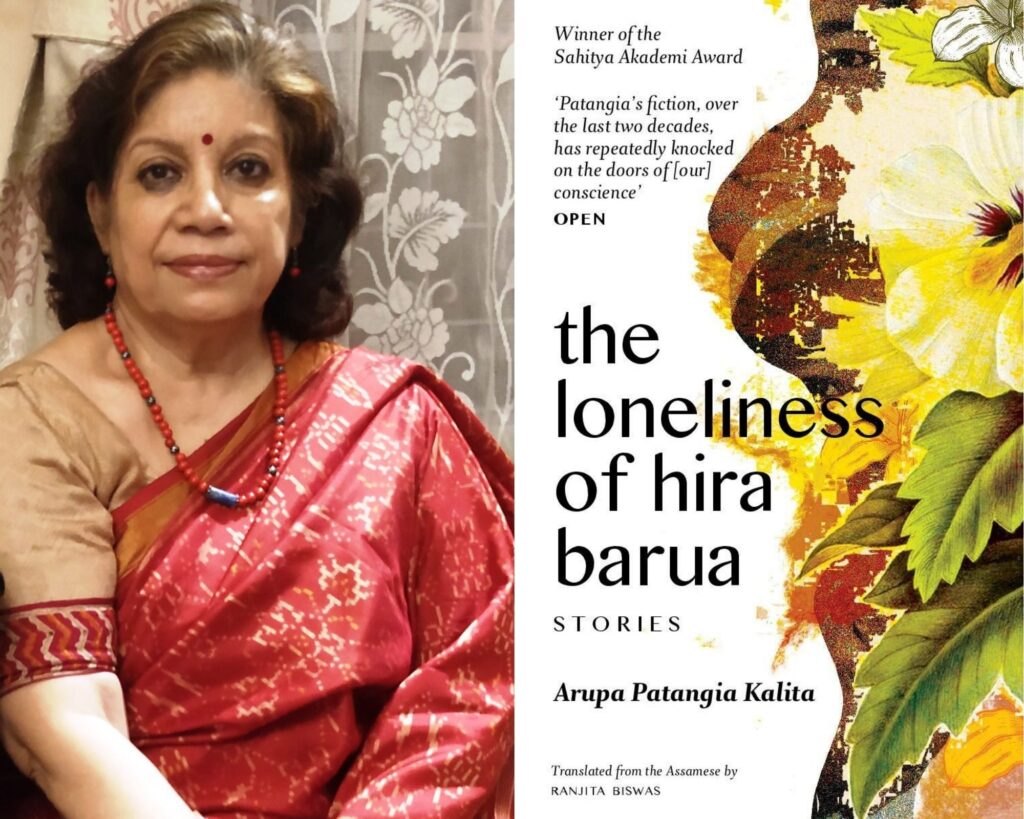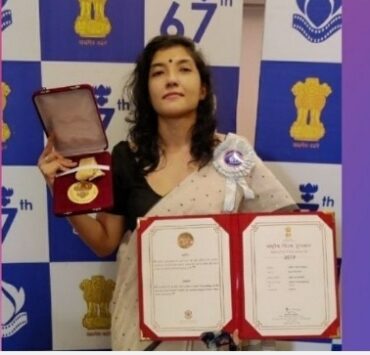

NWMI member Ranjita Biswas has won the PFC-Valley of Words Award, 2021, for her translation of The Loneliness of Hira Barua (Pan Macmillan, 2020) from the original Assamese to English. The collection of short stories, originally titled Mariam Austin Othoba Hira Barua, was written by one of Assam’s foremost contemporary writers, Arupa Patangia Kalita. The award includes a plaque and a cash prize of Rs 1 lakh. Translations, both into Hindi and English, were part of the PFC-Valley of Words Award. The other books shortlisted for the award by Valley of Words — a charitable trust to support creative arts — were translations from Punjabi, Gujarati, Kannada and Manipuri.
In the special edition of The Book Review that was published by the Valley of Words to celebrate the books shortlisted for the award, writer Anidrita Saikia says of The Loneliness of Hira Barua: “This work explores how women navigate through the fractures of grief , pain, alienation, unfamiliarity and ailments while being cocooned in varying stretches of isolation, often against the backdrop of militancy.” The collection had won Kalita the Sahitya Akademi Award back in 2014. Saikia goes on to say, “These are tales from worlds inhabited by the mundane and the quotidian worlds that Kalita (and Biswas) are experienced and attuned to, yet often which are bleak, anxious and painful – carrying aspirations and anticipations of a history through a time which is rapidly altering the worlds around us.”
Biswas is an independent journalist, writer and translator based out of Kolkata. In her acceptance speech, she described the process of translation as a “journey of discovery”. She said, “there was a time when the translator’s name did not appear on the book cover at all and he or she remained in the shadows. But it is as creative a process as any. It is also a huge responsibility for the translator- to bring out the rasa – or aesthetics of the original, sometimes using own interpretations if necessary, but taking care not to take precedence over the writer. In a way, it’s a tightrope walk and one has to be conscious of the balancing act needed.”
“Hira Barua, an ageing widow living in a conflict-ridden region of Assam with her beloved Tibetan spaniel fears she is beginning to resemble a lonely Englishwoman from her past. A vicious sexual assault by the invading military drives a group of women into a shelter home. On a fateful night, a group of prostitutes make an extraordinary sacrifice for the safety of their companions.” This is only an intriguing sample of the acclaimed collection of stories that is on its way to a new set of readers.




